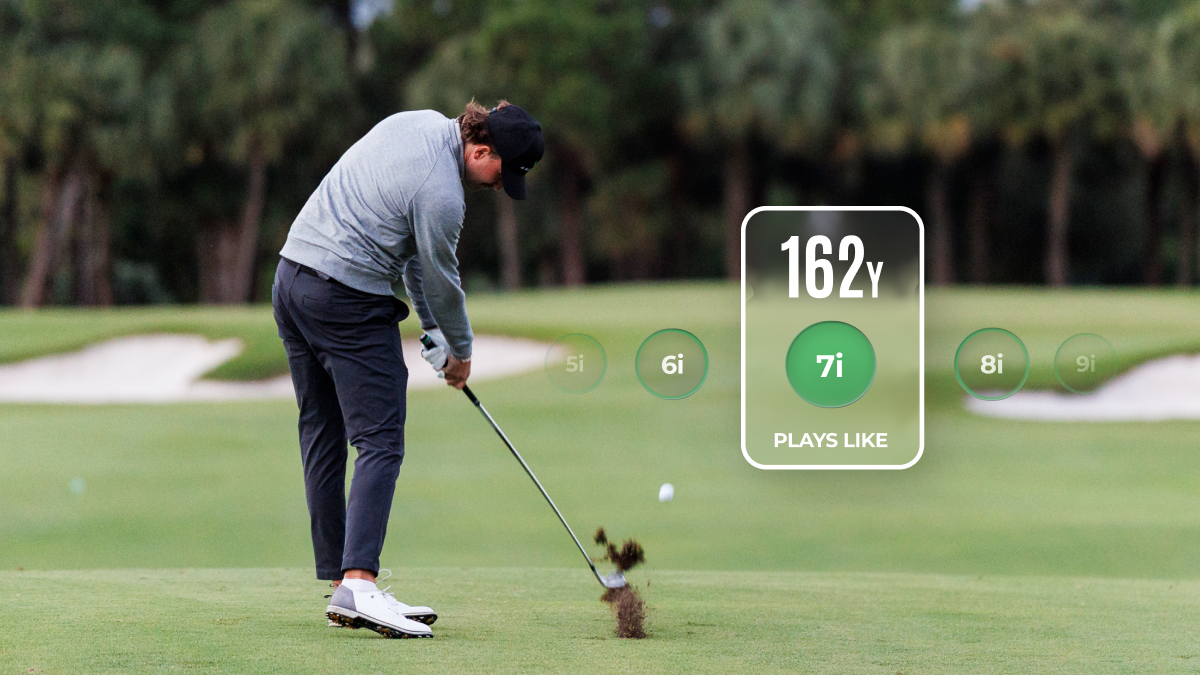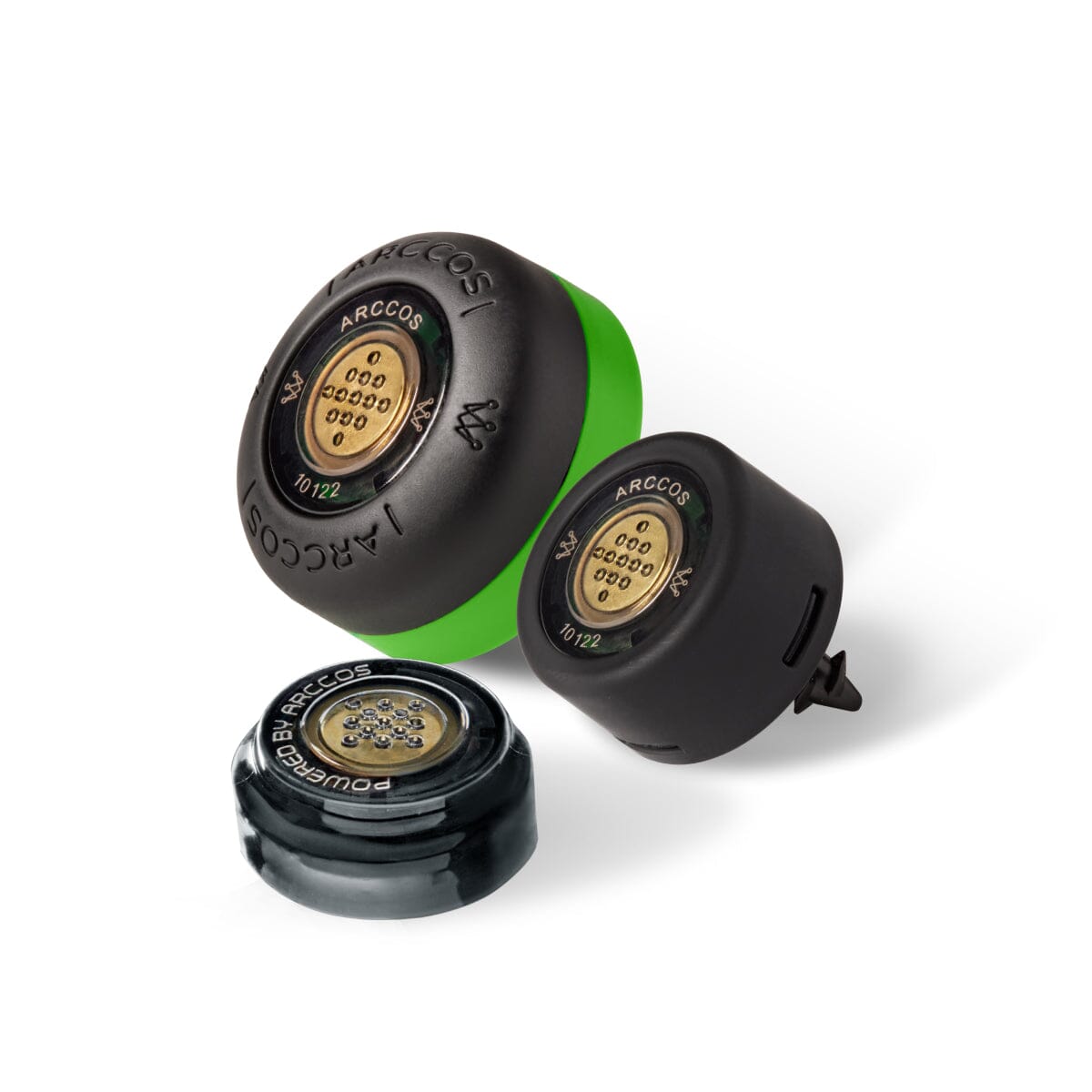3-Putts suck. #FACT
They can ruin a great round, but they are avoidable. PGA Tour player Brian Gay, for example, has tallied only 14 three-putts in 1,188 holes! Yes, Brian is a pro, but how do you compare to the Joes (aka: Amateurs)? Today we are putting the PROS vs. JOES to show you how you can narrow the three-putt avoidance gap between vs. the PGA Tour player – or even the next handicap bracket. It could help you shoot lower scores.
First, you need to start collecting putting stats. You can do this the traditional way which can offer insights into the differences between pros and amateurs, but advanced stats are where actionable insights are discovered. That’s where Arccos can shine: the award-winning platform automatically records and analyzes every shot you take on the course, revealing trends that can lead to improvement.
Thanks to ShotLink, the PGA Tour’s system that’s powered by 350 shot tracking volunteers working every day of every tournament (10,000 every year!) and a bevy of full-time employees, we can easily judge the best from the worst among the world’s top players and compare that to the massive dataset in the Arccos ecosystem.
The three-putt avoidance leader on the PGA Tour this season is Brian Gay. As we said, he’s played 1,188 holes during 66 rounds and only carded 14 three-putts. That’s good for a staggeringly low avoidance rate of 1.18%. This year, in fact, there are 16 players on Tour with less than a 2% avoidance rate. Among these are usual suspects Steve Stricker, Jordan Spieth, and Luke Donald, as well as less expected names like Ernie Els and Martin Kaymer.
Bringing up the rear is Boo Weekley. He ranks 202nd, having logged 64 three-putts in 69 rounds this season for an avoidance rate of 5.31%. Weekley’s number may lag on Tour, but it would almost certainly be the best rate in your typical weekend foursome. We’re able to determine that with great accuracy thanks to Arccos. With its system of one ultralight sensor in the grip of each club and a free smartphone app, the company has compiled an extraordinary (and growing) amount of amateur data. Today that includes info about more than 75 million shots recorded during nearly 1 million rounds played in 115 countries.
In terms of putting, what we see is a player with a handicap in the 1-to-5 range averages a 9.44% three-putt avoidance rate. Not surprisingly, that average increases in a fairly linear fashion, jumping to 11.71% for the 6-to-10 handicapper, 14.51% for the 11-to-15 bracket, and 19.58% for players with a 15+ handicap.

Another way of looking at this is to break down the average number of three-putts per round by handicap range. The 15+ handicapper averages 3.2 three-putts each round – a rate that’s exactly double that of a 1-to-5 handicap player’s 1.6 average.

While the three-putt percentages are higher, just measuring the number of putts without taking putt distance into account can lead to incorrect or incomplete insights. For example, in this case, it’s likely that the higher your handicap, the farther away you leave your approach shots from the hole. As a result, the traditional stat of 3-putt percentage conflates the strength of the approach game and putting. Through advanced analytics, Arccos can separate the two to give players a better gauge on each aspect of your game.
Arccos can layer traditional stats with advanced metrics to compare amateurs to the pros, as well as amateurs within different handicap brackets. Focusing on three-putt percentage from 20-25 feet and 25+ feet – the biggest brackets the PGA Tour tracks – we see some interesting figures. From 20-25 feet, the 1-5 handicap three-putts 9.43% of the time, rising to 15.08% for the 6-to-10 handicapper and 16.20% for the 11-to-15 bracket.
This range is ripe for amateurs to three-jack, but the pros make it look easy. In the 2016 season, there were 26 players who went the entire year without a three-putt from 20-25 feet, and the Tour average was 2.36%. The worst offender was Steve Wheatcroft, and he only carded six three-putts in 95 attempts from that range.

From 25+ feet, the pros show why they are on the Tour. Their average for last season was 9.46%. Compared to the 1-5 handicap’s 19.61%, the 6-10 handicap’s 25.59% and the 11-15 handicap’s 26.90%. (In 2016, Adam Hadwin went 314 holes without a three-putt. Some amateurs can’t even make the turn without carding one!)

Arccos can drill down even deeper with its Tour Analytics feature. After each round, Arccos analyzes the five key performance aspects of a player’s game (driving, approach, chipping, sand and putting) using an enhanced version of the strokes gained methodology. This assigns an individual handicap to each facet by accounting for the fact that each situation has a distinct value. The putting handicap, for example, weighs each three-putt differently. A player is expected to three-jack from 40 feet, not so much from 10 feet.
With this as a measurement tool, we see clearly that the best amateur players are, on average, also the best putters. That tracks for the PGA Tour as well. It’s very common for players atop leaderboards at the end of the week also to rank highly in Strokes Gained Putting.

A three-putt is tough to swallow and can be a definite scorecard-killer. But in the case of performance improvement, knowledge is power. So, take a look at your stats, particularly your putting handicap if you’re an Arccos user – and perhaps reevaluate your practice regimen with the flat stick. By narrowing the three-putt avoidance gap between you and a PGA Tour player – or even the next handicap bracket – you’re very likely to shoot some of your best scores.






Share:
Why Arccos Caddie Is a Gamechanger for Golfers, From Arccos CEO Sal Syed
Analyzing the 50-Yard Wedge Shot